
一、able
1. 表示“有能力的”“能干的”,可用作表语或定语。如:
He is an able manager. 他是位有能力的经理。
He is old but still able. 他虽年老,但仍有很能干。
2. 通常用于 be able to do sth结构,其意为“能做某事”“会做某事”。如:
He is able to speak English. 他会说英语。
Everyone here is able to type. 这儿的每一个人都会打字。
He will be able to get about in a week or two. 再过一两个星期左右他就能走动了。
He studied hard and was able to pass his examinations. 他学习很努力,所以考试及了格。
be able to 不仅有多种时态形式(通常不用于进行时或与 be going to 连用),而且还可以与某些情态动词连用(通常不与 can 连用),甚至还可以有非谓语形式。如:
Since his accident he hasn’t been able to leave the house. 自出事之后,他一直未能离开家。
You might be able to persuade him. 你也许能够说服他。
I hope to be able to do the work. 我希望能干得了这项工作。
I regret not being able to help her. 我很遗憾未能帮助她。
二、ability
He is a man of ability. 他是位有能力的人。
He is behind the others in ability. 他在能力上比别人差。
若表示不同种类的能力,则可以用复数。如:
listening, speaking, reading and writing abilities 听说读写能力
Men and women have similar abilities and needs. 男人和女人的能力和需要是相似的。
侧重指智慧、天资、天分等方面的意义时,可数或不可数均可能,有时还可用复数形式。如:
The girl has a great musical ability 这女孩很有音乐天才。
Everyone admired his abilities. 大家都敬佩他的才能。
2. 表示有能力做某事或具有做某事的能力等,其后通常要接不定式。如:
He has the ability to speak English fluently. 他能流利地说英语。
The ability to be clearly heard is extremely important for newsreaders. 声音宏亮清晰对新闻广播员来说极为重要。
按英语习惯,ability一般不接of doing sth,但有时可接in doing sth。如:
She has great ability in teaching English 她很有教英语的能力。










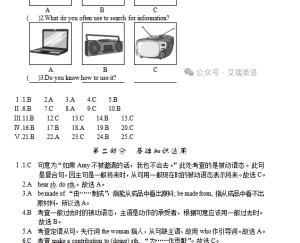
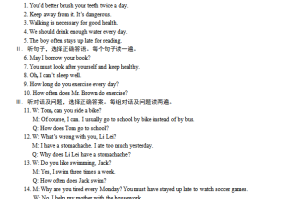


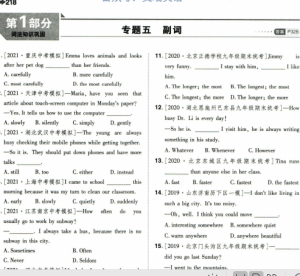
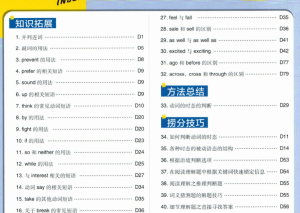
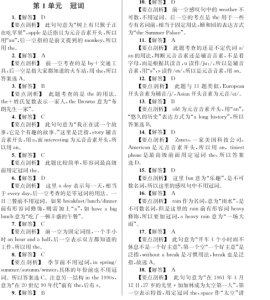
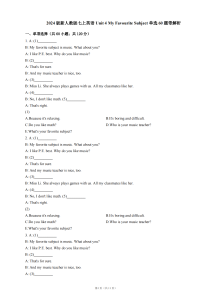


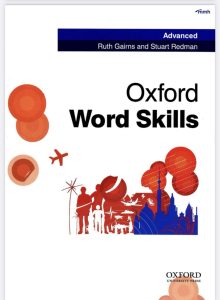
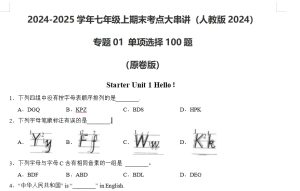
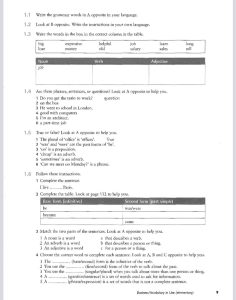


暂无评论内容